Turkish President Recep Tayyip Erdogan has confirmed that he will meet his Russian counterpart Putin at the BRICS+ summit later this month, following a recent phone call between the two leaders.
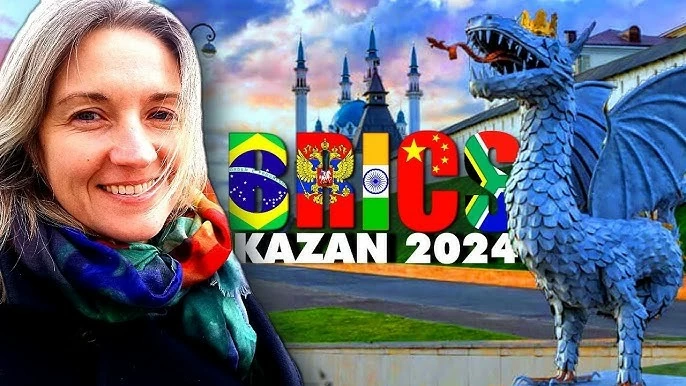 |
| NATO members congratulate Putin on his birthday, confirm to attend BRICS+ summit in Russia, is the goal of joining very close? (Source: Youtube) |
The BRICS summit is scheduled to take place in Kazan, Tatarstan, Russia, from October 22-24. The Kremlin hopes that the summit will feature more strategic discussions, providing an opportunity to expand influence and build closer economic alliances.
Türkiye's strategic move
Last month, media reports said that NATO member Türkiye had formally applied to join BRICS. Turkish presidential spokesman Omer Celik confirmed the news, saying that the process was still ongoing and the application would be discussed at the BRICS+ Summit this October.
According to a statement shared on the social media account of the Turkish Presidential Press Service, Erdoğan and Russian President Putin had a phone call on October 7. The statement revealed that bilateral relations, as well as regional and global issues, were discussed during the call.
"During the conversation, President Erdoğan expressed satisfaction with the strengthening and development of Turkish-Russian relations, emphasized the continuation of high-level political dialogue and stated that they will continue to thoroughly address various regional and global issues in the coming period," the statement read.
The statement from the Turkish Presidential Press Office also mentioned that the country's leader congratulated Mr. Putin on his 72nd birthday (October 7).
At the same time, the Kremlin also issued a statement regarding the conversation between the two Russian-Turkish leaders. The Kremlin confirmed that Mr. Erdoğan and Mr. Putin will have face-to-face meetings on the sidelines of the BRICS Summit in Kazan.
The world is undergoing a geopolitical reshaping. While tensions between major powers shape international relations, economic alliances are also moving at an unprecedented pace. At the heart of this new world order, BRICS, a bloc of major emerging economies, is establishing itself as a key player, capable of reshaping the global balance.
The group, previously limited to five members, has recently opened its doors to new candidates, adding giants such as Iran and the United Arab Emirates (UAE) to its ranks. In this context, Türkiye, led by President Recep Tayyip Erdoğan, is looking to join the influential alliance.
International media commented that this was a strategic decision made when the prospect of joining the European Union was fading, prompting Ankara to diversify its economic and geopolitical partnerships.
President Erdoğan's calculations - do BRICS agree?
However, on the BRICS side, as observers have noted, it seems that the core members are still in the consolidation phase after the latest expansion. They may need to consolidate before continuing to make decisions on admitting new members, although BRICS is attracting special attention from more than 20 countries wanting to join the group, including about 10 countries that have submitted formal applications such as Türkiye.
At a recent press conference after the 79th Session of the United Nations General Assembly, Russian Foreign Minister Sergey Lavrov stated that BRICS is not currently considering admitting new members.
Confirming the number of countries that have expressed interest in joining BRICS, Mr. Lavrov also made clear the reason, "current members believe that it is necessary to consolidate the bloc before considering further expansion. This adaptation period is necessary to ensure the harmonious integration of new members into the organization."
This cautious stance underscores the importance of BRICS in maintaining a balance between old and new members, in a rapidly changing global context.
The addition of five new countries to the original group has significantly expanded the geopolitical and economic reach of BRICS, which now accounts for 45% of the world’s population and nearly 28% of global GDP. This rapid expansion has required internal adjustments before accepting new members, such as Turkey, which aims to diversify its partnerships after being repeatedly blocked in its bid to join the European Union (EU).
As for Türkiye, why does Ankara want to join BRICS+?
President Erdoğan's decision to join the BRICS+ group stems from the fact that he is facing a series of economic challenges, such as inflation and the devaluation of the Lira... Therefore, by joining the largest and most vibrant economic group, Ankara will be able to access larger markets and financial resources from other emerging economies, in a way that will "heal" the economy, while achieving the goal of becoming less dependent on the West.
By joining BRICS+, the Eurasian economy will be able to achieve strategic independence, as it has always tried to assert itself as an autonomous actor, avoiding excessive dependence on Western-imposed dynamics. BRICS+ will therefore represent a valid alternative in terms of political cooperation, allowing Ankara to “move back and forth” more easily with different partners in the international context.
Furthermore, over the years, the Turkish economy has increasingly turned towards Asia, Africa and the Middle East. These are essential markets for the country's exports and the recovery of the Turkish economy.
Becoming a member of BRICS+ will allow Ankara to strengthen trade relations and seize new opportunities in countries with constantly growing economies.
Therefore, Türkiye's strategy seems quite clear - playing on multiple tables, building diplomacy on multiple fronts. This is not surprising, since Ankara is stuck on the one hand due to worsening relations, for example with Israel, and on the other hand due to the wars in Gaza and Lebanon that are causing turmoil in the Middle East.
Moreover, President Erdoğan's goal is to turn this Eurasian country into a "bridge state", in other words, a point of contact and dialogue between the dominant power blocs in the international community.
However, analysts say it is the tensions surrounding Türkiye's foreign policy, especially its ambiguous stance toward Russia and Ukraine, that are adding complexity to its goal of registering as a member of BRICS+.
Ankara, while not participating in Western sanctions against Moscow, maintains close ties with Kiev - which could complicate Türkiye's integration into a bloc in which Russia plays a central role.
For now, despite these obstacles, Türkiye hopes that its economic strength and strategic position between Europe and Asia will be its own advantage, especially in strengthening relations with other emerging members of BRICS, in the hope of finding alternatives to Western alliances.
While Türkiye’s bid to join BRICS reflects a clear desire to escape the West’s shadow, it raises questions about foreign policy coherence and the ability to navigate sometimes conflicting alliances, international analysts say. The BRICS summit in Kazan may provide some clarity, but for now, Türkiye’s integration into the group of leading emerging economies remains in limbo.
Source: https://baoquocte.vn/thanh-vien-nato-chuc-mung-sinh-nhat-ong-putin-xac-nhan-den-nga-hop-thuong-dinh-brics-co-hoi-gia-nhap-da-toi-rat-gan-289302.html



![[Photo] Prime Minister Pham Minh Chinh receives delegation of leaders of US universities](https://vstatic.vietnam.vn/vietnam/resource/IMAGE/2025/3/31/8be7f6be90624512b385fd1690124eaa)
![[Photo] 2nd Conference of the Party Executive Committee of Central Party Agencies](https://vstatic.vietnam.vn/vietnam/resource/IMAGE/2025/3/31/8f85b88962b34701ac511682b09b1e0d)

![[Photo] Ministry of Defense sees off relief forces to the airport to Myanmar for mission](https://vstatic.vietnam.vn/vietnam/resource/IMAGE/2025/3/30/245629fab9d644fd909ecd67f1749123)

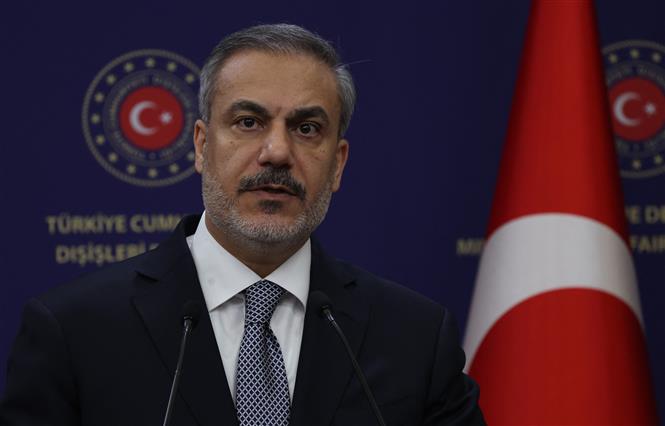



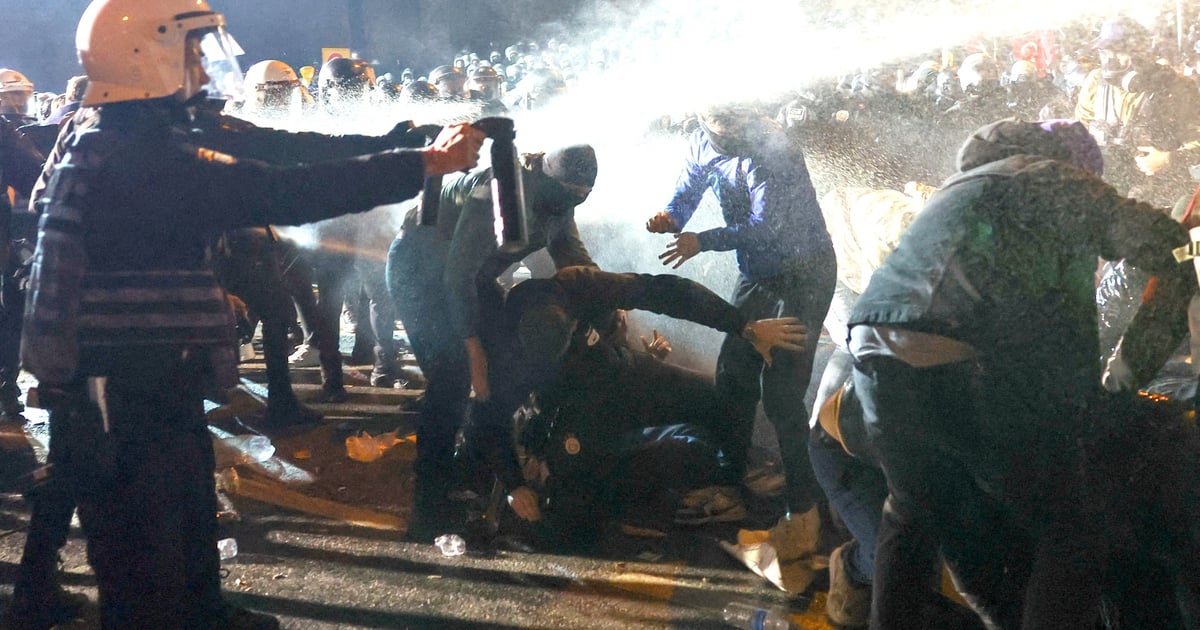
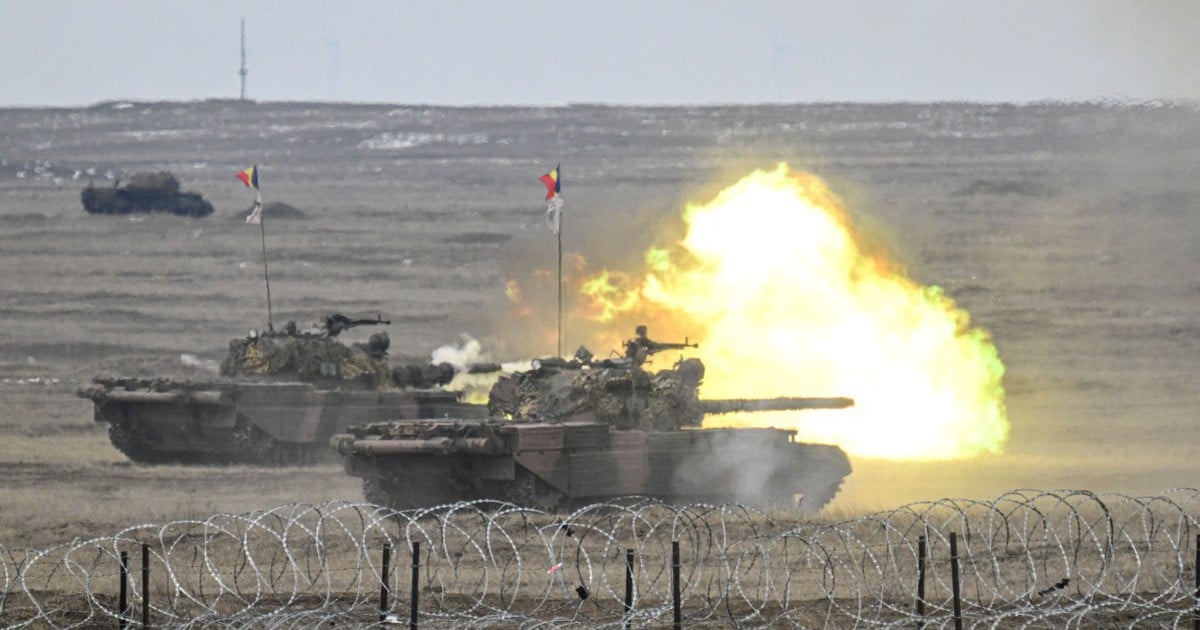
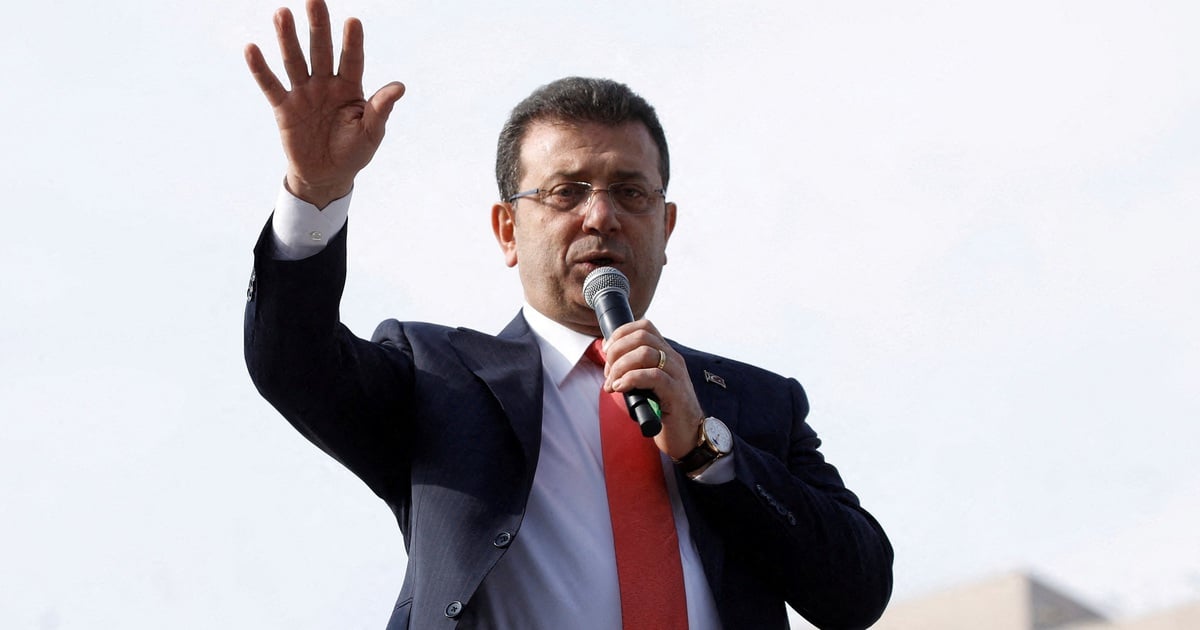
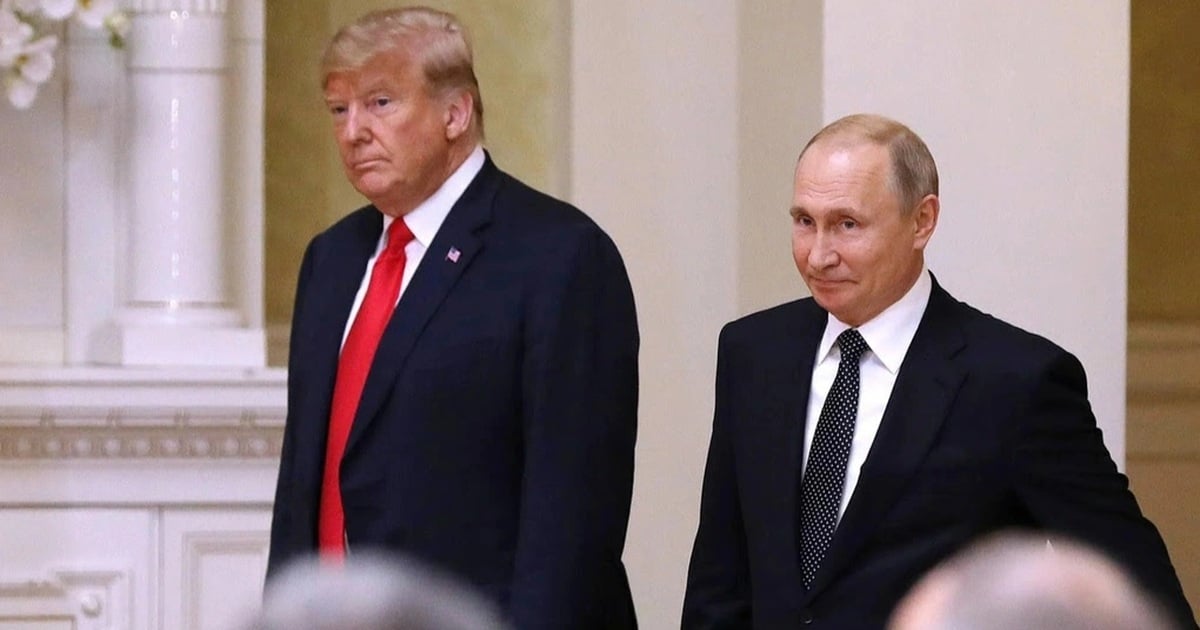

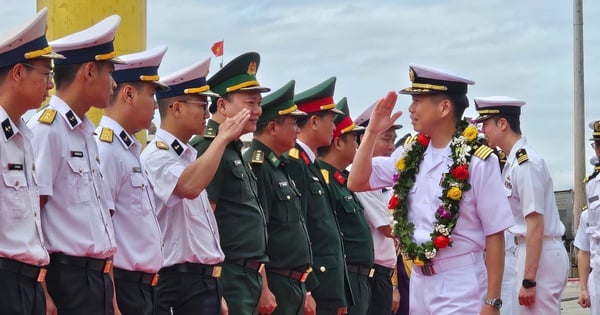
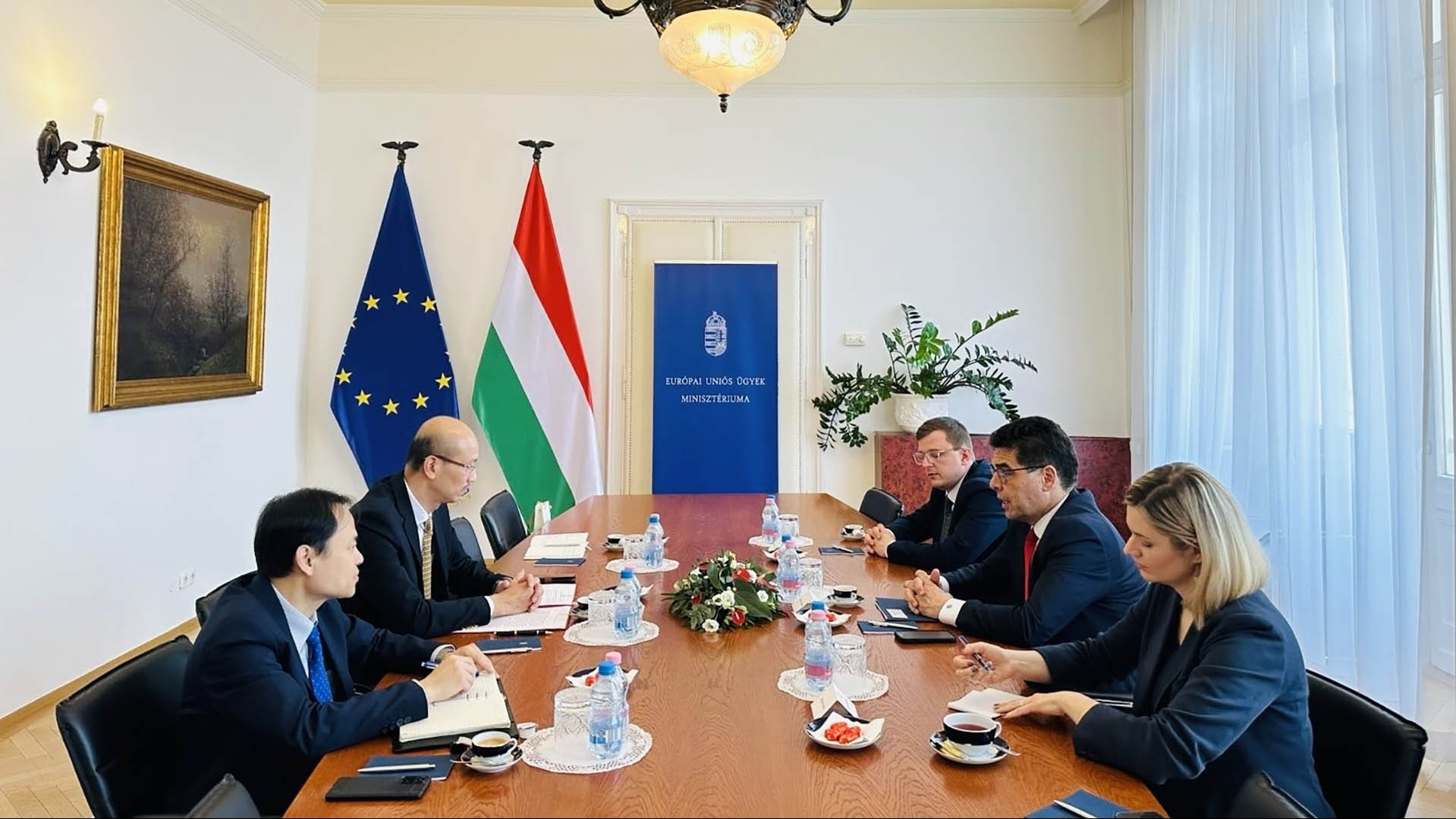
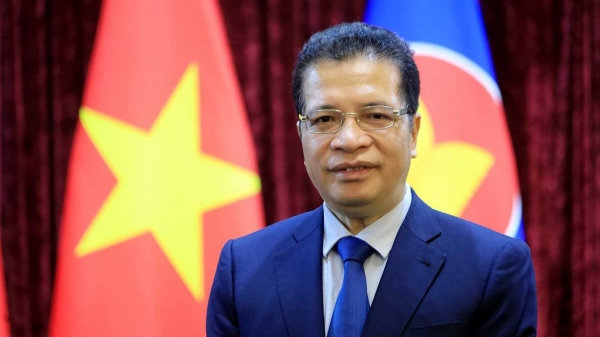
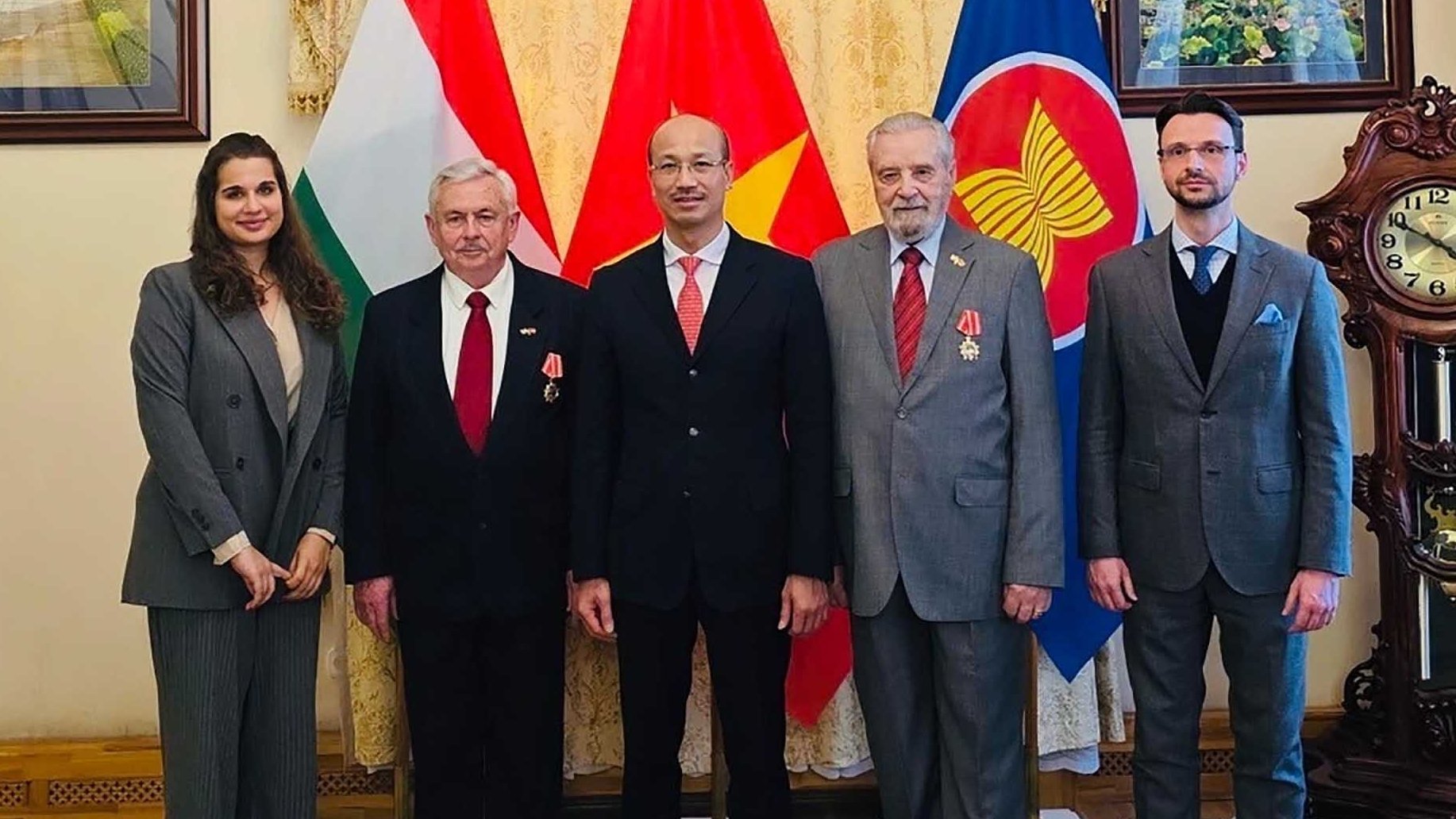
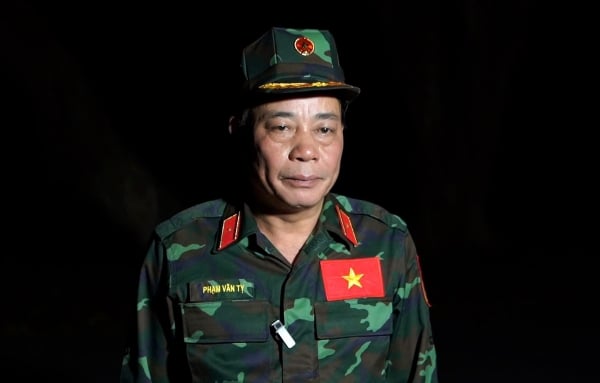
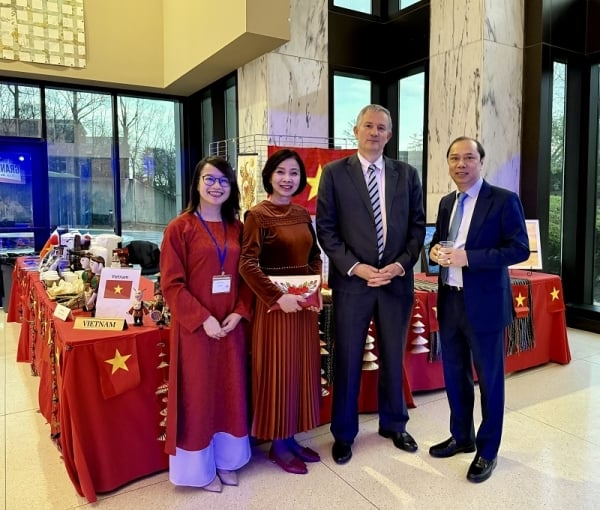



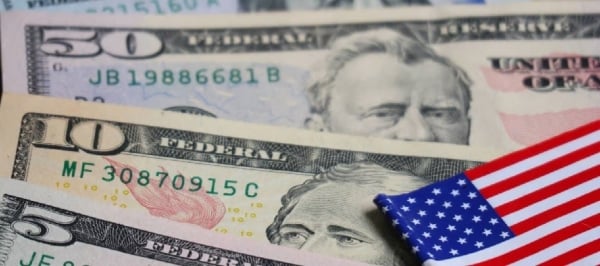



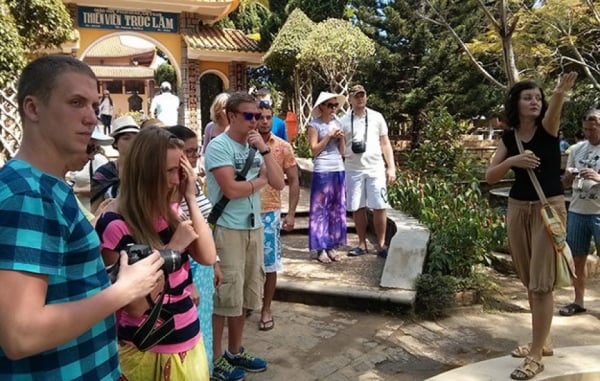
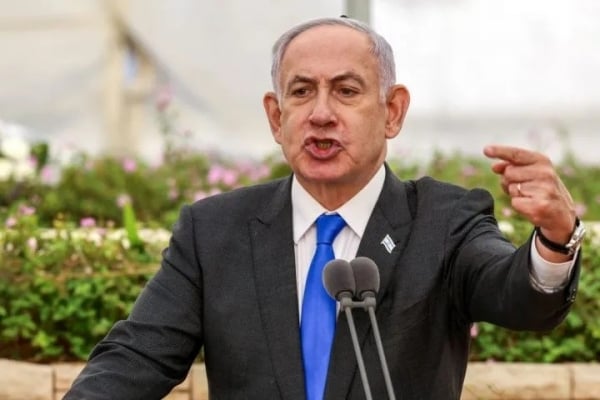














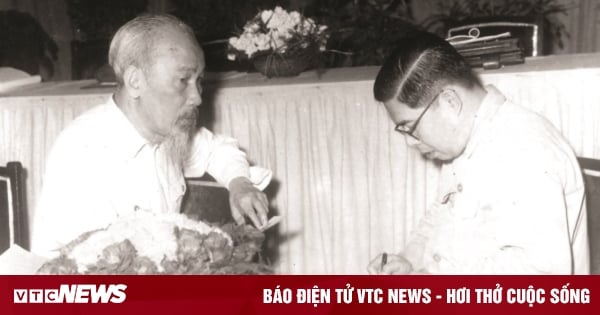



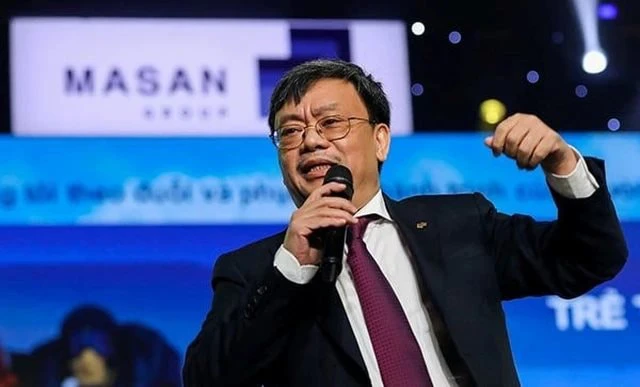

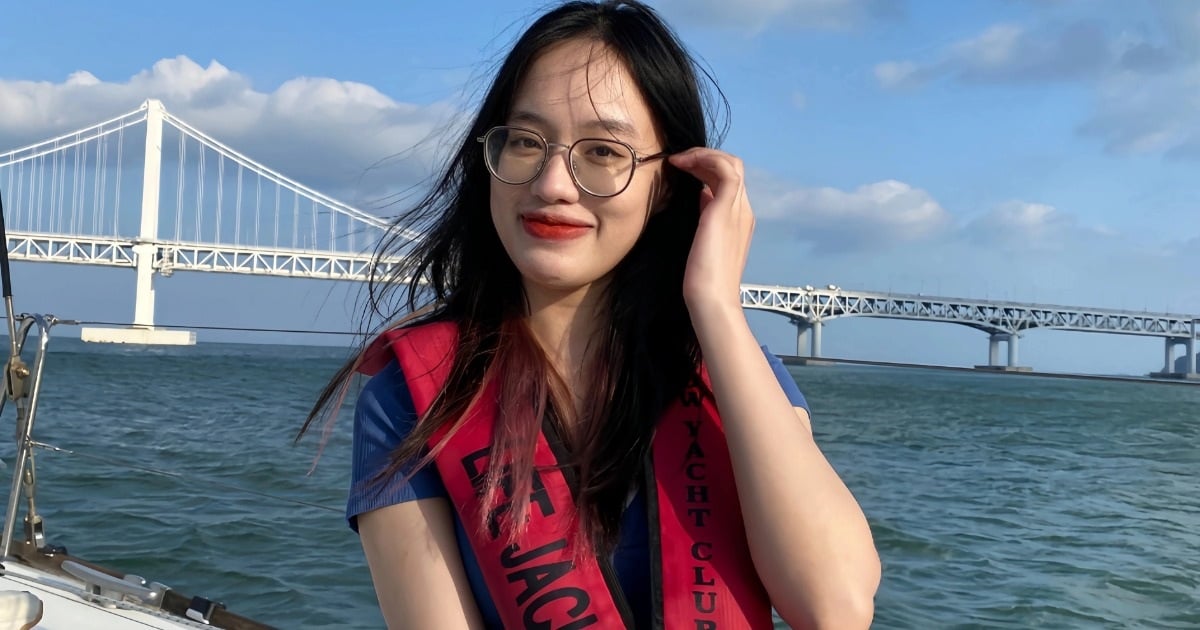










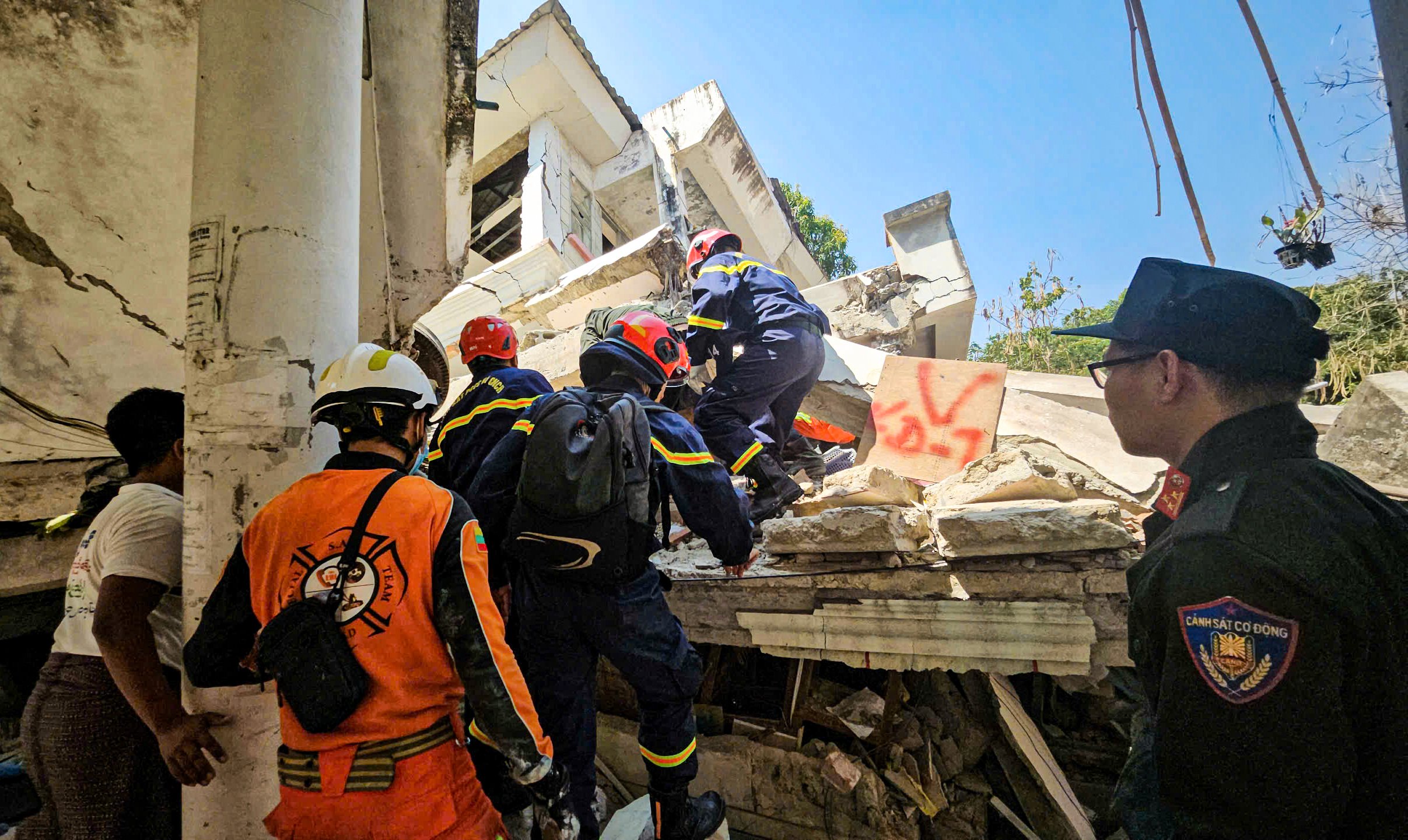
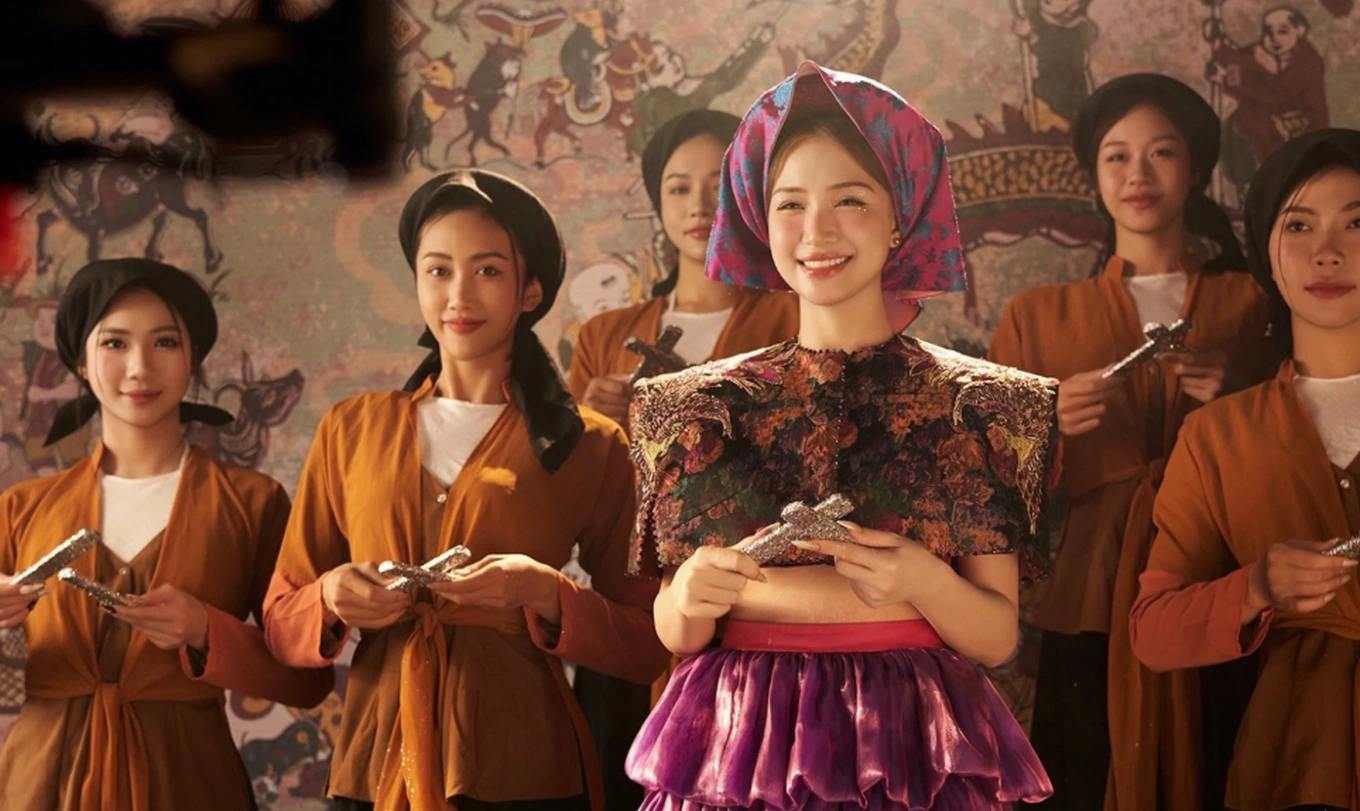
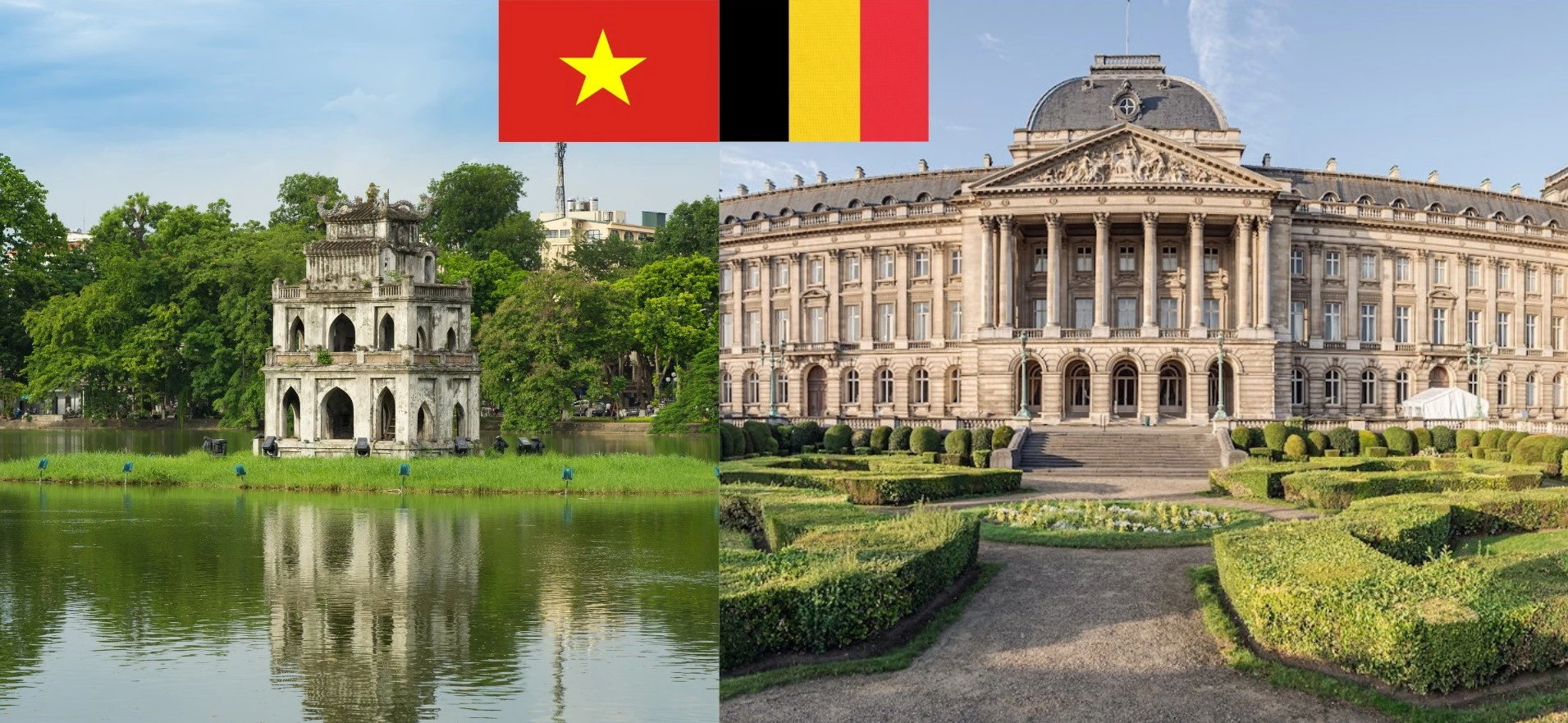



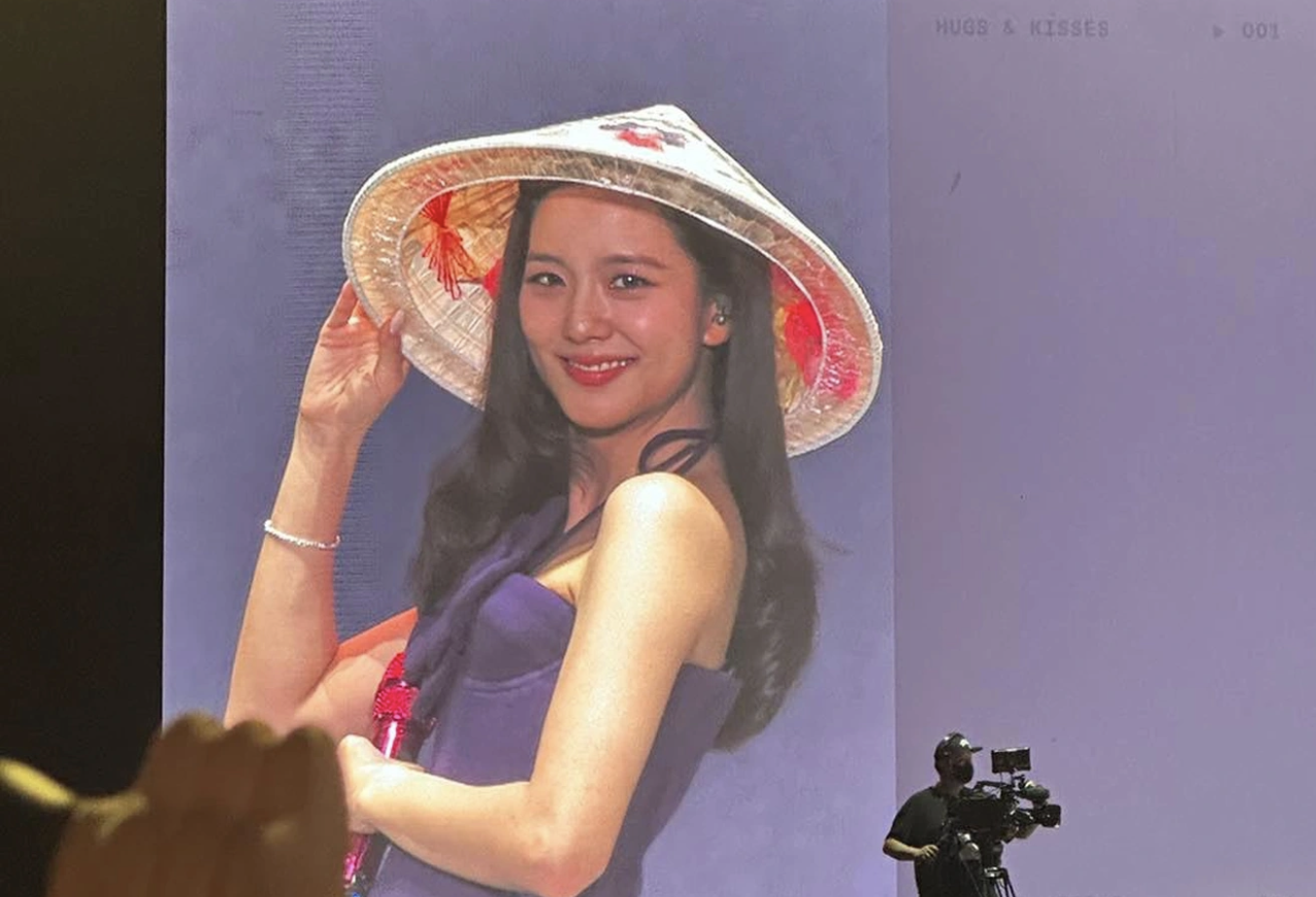


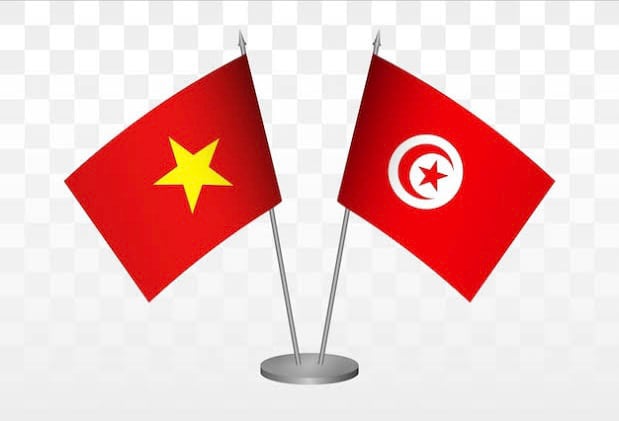

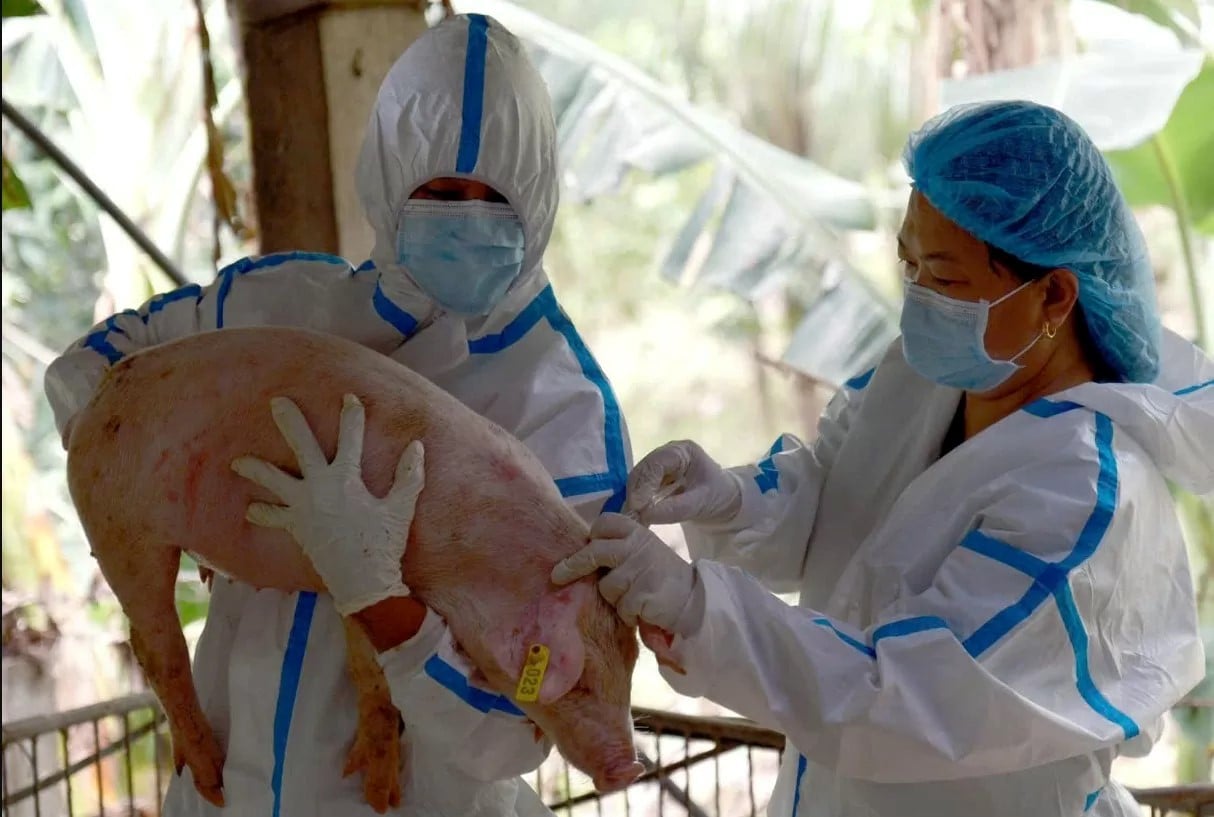
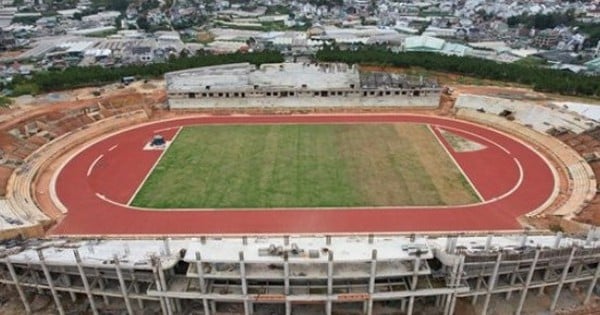

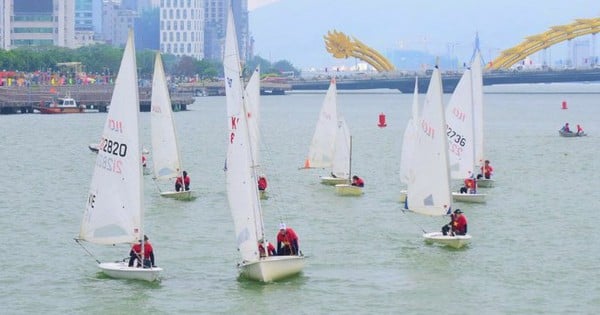
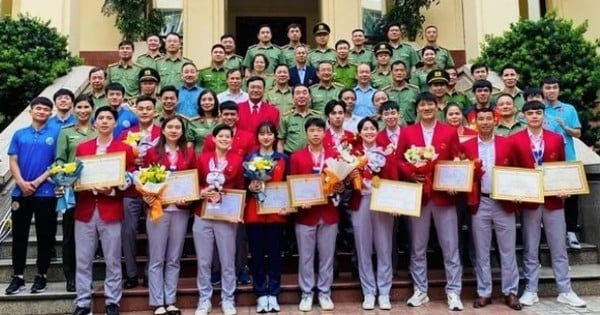
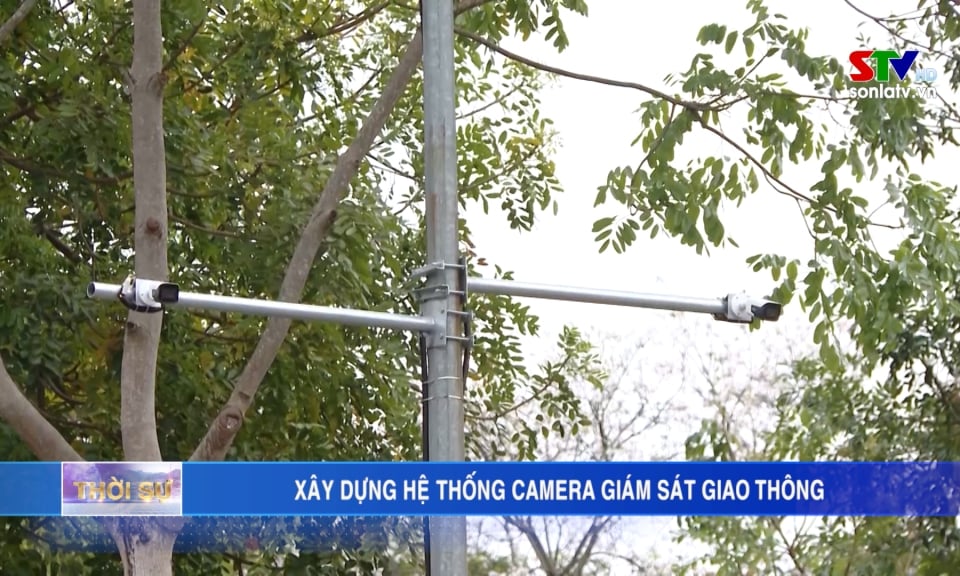



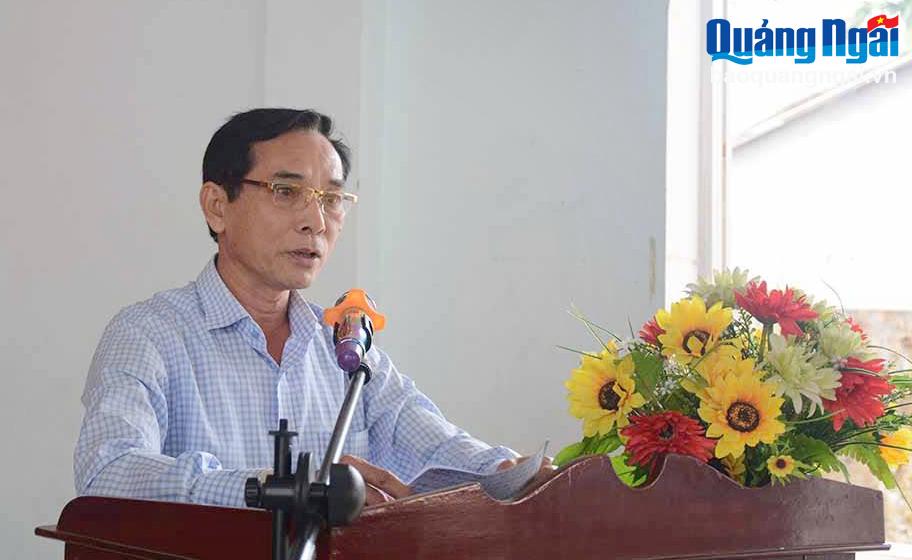
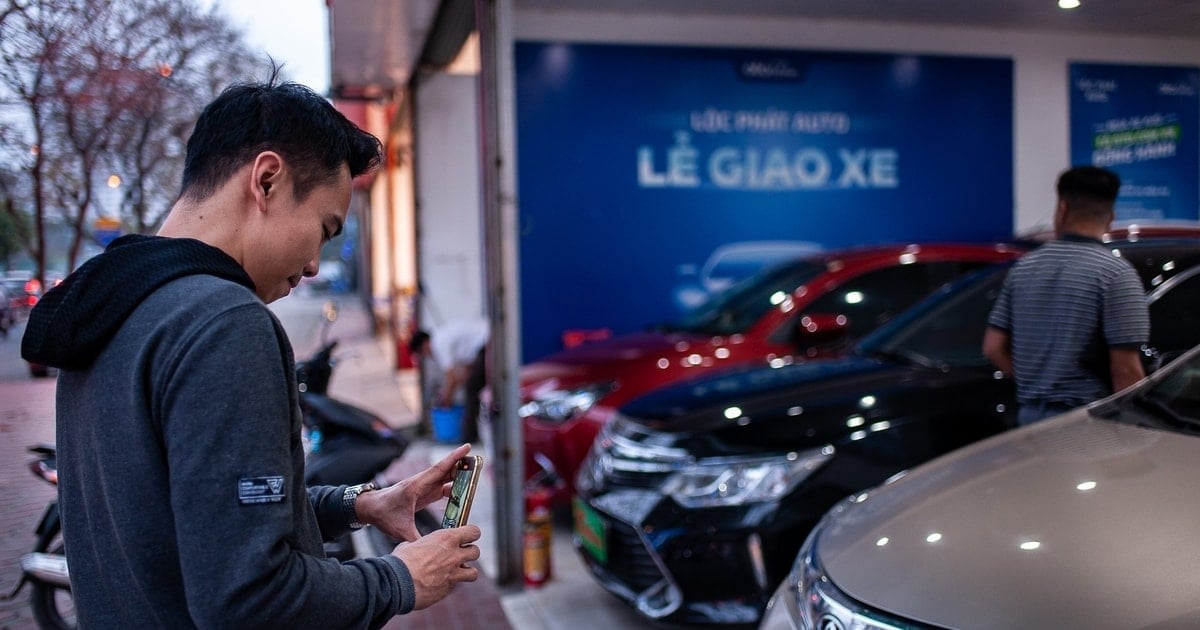










![[REVIEW OCOP] An Lanh Huong Vet Yen Cat](https://vstatic.vietnam.vn/vietnam/resource/IMAGE/2025/3/27/c25032328e9a47be9991d5be7c0cad8c)

Comment (0)